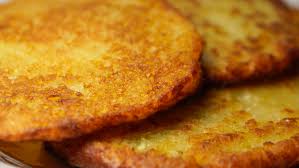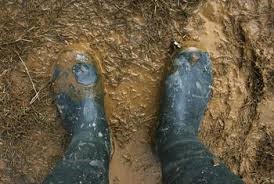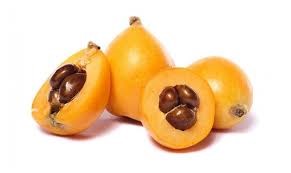Happy Chanuka!
Unprofessional translation of Badulina by Gabi Nitzan:
“Before there was Christmas or hanuka or Ramadan, before anyone turned faith into religion, before there were books, before there was lighting technology – winters were much blacker and colder than we can imagine. Every day got darker a little bit earlier and life dissipated into eternal darkness. People sat in their shelters, tried to keep warm, tried to believe that the sun will return, that the darkness is reversible. And in that way, in all continents of the world, in all cultures, the solstice holiday was born on the shortest day of the year, with the longest night. On this day people got together, lit candles, made bonfires, gave gifts, ate and drank and sang together. The winter is not over yet, but this is the peak: from today the days will start getting longer, slowly slowly. Every day will have a few more minutes of sun. The sunrise will come earlier, the sunset will be delayed a bit. On this holiday communities gathered to light fire and say – hang on. Light is coming back to our lives. The deepest dark is behind us.”
So this year it,s not so cold. we are in desperate need of rain and the skies are still light but still December 21st, the solstice is near, when the sun is located at its greatest angle relative to the earth, which creates a day with minimum hours of sunlight on the northern hemisphere (which is where we are) and maximum sunlight on the southern hemisphere.

“Inti reimi” is the Inca’s sun holiday celebrated on the shortest day of the year.
This is considered the official beginning of our season of winter.
Coldness and lack of light is a worrying issue in the plant and animal kingdom. At the poles, where sun/hours are so few at winter, the plants and animals hibernate during the winter. Before heating and lighting technology it must have been very worrying to go into winter, as humans weren’t necessarily certain that they would survive it….
And here we have Hanuka, the festival of light for eight days, in which we drive away the darkness. Apparently this is something natural that humans wanted to do, to increase the light and heat during the days of the longest darkness. By the end of the eight festive days, the long dark night should start to shorten and the lighted days to lengthen….
With great expectations for rain (in Hebrew the word rain sounds like a promise for fulfillment, of all kind of things…). I found this story written by Yonatan Gefen:
“and I remembered how once I came back after weeding in the vineyard, and my hands are heavy and soaked with black mud. I said: “mom, look how dirty”. I was a boy, and that’s how kids talk. And she looked at me with brown un-sleepy eyes and said that mud is not dirt”.
Have a good week, warm, fulfilling and rainy!
Lavrioot!
Yours, Maggie and the garden staff
I expect in our wintery baskets (draft only):
Swiss Chard
Mizuna
Onions
lettuce
Cucumbers
Tomatoes
Sweet potatoes
Kohlrabi
Buuternut Squash
Potatoes
In the larger ones also:
Kale
Leeks
Dill
Curly Lettuce
Fruit baskets:
Pears in transition to Organic
Clementines
Oranges
Sweeties
Larger ones also:
Annona
Oranges
Clementines









